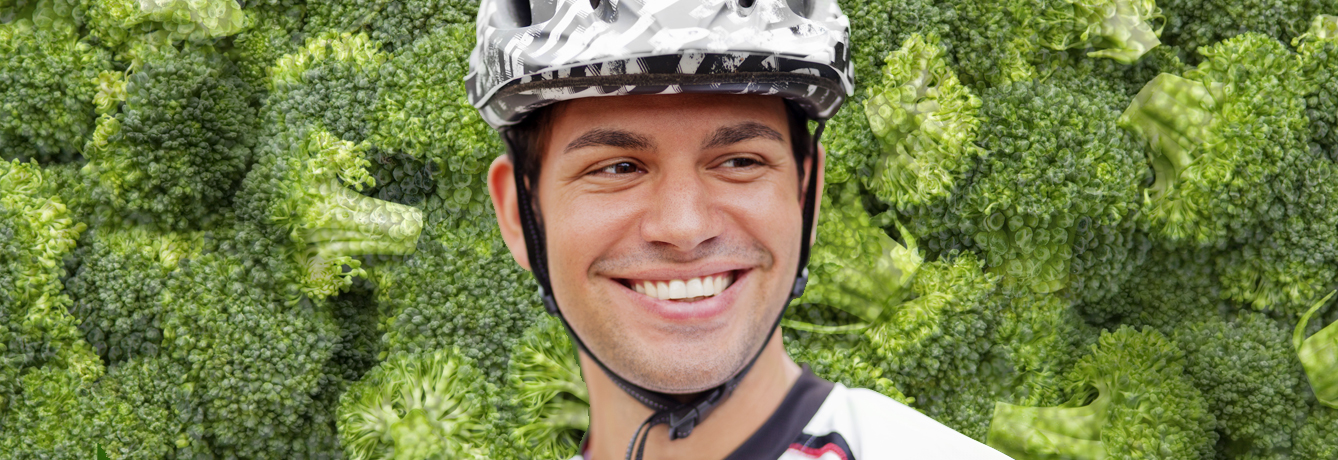Could diet help protect you from the effects of a head injury? Quite possibly. Animal research has found that broccoli consumption strengthens the protective network of capillaries called the blood-brain barrier (BBB). The danger posed by head injury — whether external (e.g., a head trauma), or internal (e.g., a burst blood vessel) — goes beyond the initial event. If the injury breaches the BBB, toxins that would otherwise have been kept out can now seep into the brain and cause more damage — literally adding insult to injury.
Fortunately, a new study just published in the Journal of Neuroscience suggests that compounds in broccoli might help rally certain proteins that protect the brain after injury. The Texas A&M researchers used a rodent model of brain injury to show that sulforaphane — a compound released when broccoli is chewed — activated those genes that marshal protective processes to preserve the impaired BBB.
Broccoli is just one of the plant foods that contain such interesting phytochemicals. Others include cauliflower, cabbage and Brussels sprouts. In addition to their high vitamin C content, these cruciferous veggies all contain glucosinolates, which, once consumed, trigger release of nutrients that might continue to protect you for days. But since glucosinolates are heat-sensitive, consider steaming your broccoli just a few minutes — until it is bright green. English researchers from Warwick University in England demonstrated that boiling broccoli in water for 30 minutes reduced glucosinolate content by 77%.
Published November 1, 2007



